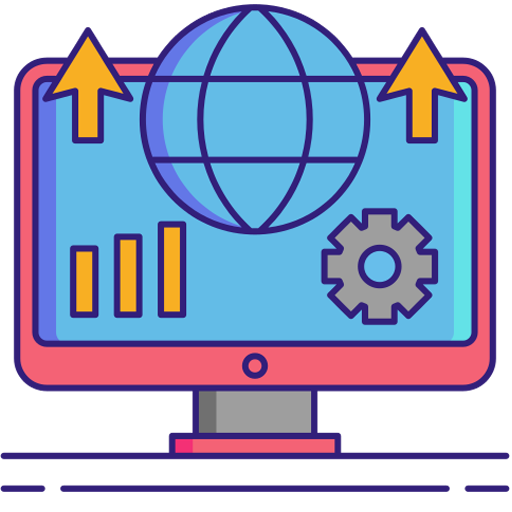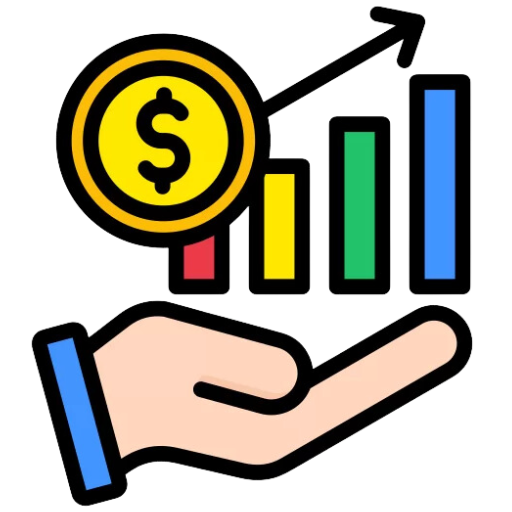In today’s competitive business environment, service businesses must operate with precision, efficiency, and agility to stay ahead. Whether you’re managing an appliance repair company, an HVAC service, or a landscaping business, the complexities of coordinating tasks, managing resources, and keeping customers satisfied can quickly become overwhelming. This is where an Enterprise Resource Planning (ERP) system comes into play. ERP systems are no longer a luxury reserved for large corporations—they have become a vital tool for service businesses of all sizes.
What is an ERP System?
An ERP system is a comprehensive software solution that integrates various functions of a business into a single, unified platform. From managing inventory and scheduling to handling customer relationships and financial transactions, an ERP system streamlines operations by automating processes and providing real-time data access. This integration is crucial for service businesses, where multiple moving parts need to work seamlessly together to deliver excellent service to customers.
The Importance of ERP Systems for Service Businesses
1. Streamlined Operations
For service businesses, efficiency is key. An ERP system consolidates all your business processes into one cohesive platform, allowing you to manage everything from a single dashboard. For instance, scheduling software integrated with an ERP ensures that appointments are efficiently allocated, reducing overlaps and minimizing downtime. This streamlining of operations not only saves time but also reduces the likelihood of errors, which can be costly in a service environment.
2. Improved Resource Management
Service businesses often deal with limited resources, whether it’s a fleet of vehicles, a team of technicians, or an inventory of parts. An ERP system provides real-time data that helps you track and manage these resources effectively. For example, fleet tracking software for technicians, integrated within an ERP, allows you to monitor vehicle locations, optimize routes, and reduce fuel costs. This level of resource management ensures that your business can meet customer demands without overstretching its capacity.
3. Enhanced Customer Satisfaction
Keeping customers happy is crucial for any service business. An ERP system helps you achieve this by providing better visibility into customer interactions, service history, and preferences. With all customer data in one place, your team can respond more quickly and accurately to inquiries, leading to improved customer support. Additionally, automated invoicing and real-time updates on service requests ensure that customers are always in the loop, which builds trust and satisfaction.
4. Increased Scalability
As your service business grows, managing multiple locations, expanding service offerings, and handling more customers can become increasingly complex. An ERP system offers the scalability you need to grow without the growing pains. Whether you’re expanding into new markets or increasing your service capacity, an ERP system can easily scale to accommodate your business’s evolving needs, all while maintaining efficiency and control.
5. Data-Driven Decision Making
In today’s data-driven world, making informed decisions is vital for success. An ERP system provides real-time data insights that enable you to analyze trends, monitor performance, and make strategic decisions with confidence. Whether it’s understanding seasonal demand in landscaping services or tracking common appliance repair issues, the data provided by an ERP system helps you stay ahead of the curve.

ERP Systems Across Various Service Trades
The benefits of an ERP system are not limited to a single industry; they extend across various service trades, each of which can gain significant advantages from this powerful tool:
- Appliance Repair Services
Track parts inventory, manage technician schedules, and automate customer communications to ensure timely and efficient repairs.
- HVAC Services
Monitor equipment maintenance schedules, optimize technician routes, and manage customer contracts to deliver consistent and reliable service.
- Plumbing Services
Automate invoicing, manage work orders, and track technician performance to ensure that every job is completed to the highest standard.
- Landscaping Services
Plan projects, manage seasonal demand, and optimize resource allocation to deliver high-quality landscaping services on time and within budget.
- Pest Control Services
Track treatment schedules, manage customer data, and optimize resource usage to deliver effective pest control solutions with minimal disruption.

The Future of Service Businesses with ERP Systems
As the service industry continues to evolve, the role of ERP systems will only become more critical. Businesses that adopt ERP systems will have a significant competitive advantage, enabling them to operate more efficiently, provide better customer service, and scale their operations with ease. On the other hand, businesses that fail to adopt these systems risk falling behind, struggling with inefficiencies, and losing customers to more agile competitors.
Conclusion
Every service business, regardless of size or industry, can benefit from the powerful capabilities of an ERP system. By integrating and automating your business processes, an ERP system not only streamlines operations but also provides the flexibility and scalability needed to grow and succeed in a competitive market. If you’re looking to improve resource management, enhance customer satisfaction, and make data-driven decisions, it’s time to consider implementing an ERP system in your service business.
In a world where efficiency and customer satisfaction are paramount, an ERP system is not just an investment—it’s a necessity. Embrace the power of automation and data integration, and watch your service business thrive.

Just Automate all these and just Focus on Growing Your Business.

Customer Management

Scheduling

Processing Work Orders

Sending Estimates and Invoices

Website Management

Virtual Assistants

Social Media

Collections

Ordering Parts

Finding New Technicians
Fleet Tracking



